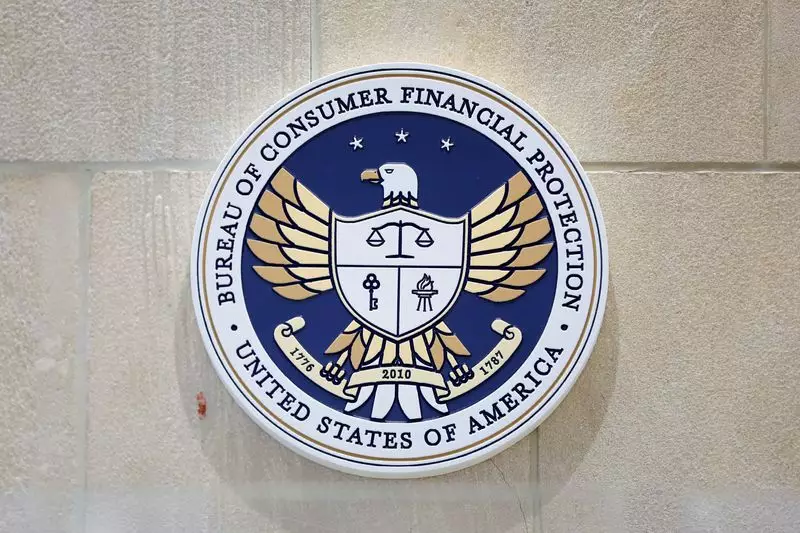The Consumer Financial Protection Bureau (CFPB) recently unveiled plans to create a public database aimed at identifying nonbank financial companies that have violated consumer laws. This initiative is geared towards exposing and deterring corporate repeat offenders within the financial sector.
New Regulations
The new regulations put forth by the CFPB will hold debt collectors, mortgage and payday lenders, credit reporting companies, and other nonbank financial services entities accountable. These companies, many of which operate without proper registration or licensing, are now required to report any actions taken against them at the federal, state, and local levels to the CFPB.
The Purpose of the Registry
CFPB Director Rohit Chopra emphasized the importance of the registry in disrupting the cycle of illegal activities perpetuated by repeat offenders. By tracking and monitoring these companies through the database, law enforcement agencies, including state attorneys general and other regulators, can better enforce the law and hold violators accountable.
The CFPB’s new registry, which was initially proposed in late 2022, will be partially accessible to the public online. Additionally, state attorneys general, investors, creditors, and other stakeholders can utilize the database for due diligence purposes. Despite some modifications made to the original proposal based on industry feedback, concerns still remain, particularly regarding provisions that require senior executives to attest to compliance with court orders and enforcement actions.
Trade organizations, such as the Electronic Transactions Association, have raised objections to certain aspects of the new regulations. They have called for provisions allowing companies to appeal and be removed from the registry, but the CFPB has not implemented such procedures as of now. Notably, members of the ETA include tech giants like Amazon and Apple, as well as financial institutions like JPMorgan Chase.
With the first corporate registrations expected in January of 2025, the CFPB’s public database marks a significant step towards increasing transparency and accountability within the nonbank financial sector. By shedding light on repeat offenders and providing easy access to enforcement actions, the registry has the potential to drive positive changes and protect consumers from financial malpractice.

